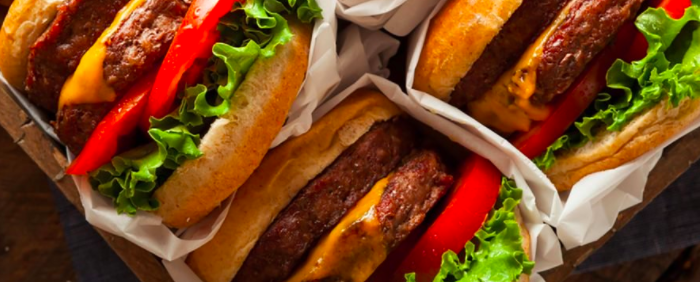
1. Soft drinks
“Soft drinks contain empty calories and have no nutritional value,” says Richard Béliveau, Chair of Cancer Prevention and Treatment at the Université du Québec à Montréal (UQAM).
In his book Health Through the Pleasure of Eating (Trécarré), he writes that Canadians take, on average, 120 liters of soft drinks a year. If you consider that a bottle of Coke 350 ml provides 30 g of sugar, it makes a lot after one year.
However, soft drinks are not the only ones adding unnecessary calories to our diet. The results of recent studies indicate that alcohol and fruit drinks, sugary or not, could account for too much of our daily caloric intake. In an 18-month study published in the American Journal of Clinical Nutrition, researchers found that subjects consumed more than 350 of their daily calories in the form of beverages, which corresponds to about 20 % of the daily intake.
2. Diet products
If you rely on diet products for not gaining weight, you may be doing more harm than good to your body. “The results of studies indicate that these products stimulate the appetite and could, in fact, lead to weight gain,” writes Richard Béliveau in Health through the pleasure of eating well.
Diet products like lean salad dressings can sabotage an otherwise healthy meal. In fact, they are to rank among the least healthy foods. “People sometimes think that lean salad dressings are very good for them, but you need a little bit of fat to absorb the vitamin A in the salad vegetables,” says Zannat Reza, a dietitian in Toronto. In addition, you may be tempted to drown your salad, which will necessarily increase the calorie count and the amount of sodium in your meal.
3. Biscuits, cakes and chips
“Processed foods are dangerous for your health,” warns Béliveau. This is due, in part, to the fact that many industrial foods contain trans fats, which result from a chemical process used by manufacturers to solidify liquid oils.
If this process, called partial hydrogenation, prolongs the conservation of food products, it unfortunately makes very bad foods. Trans fat raises LDL (“bad”) cholesterol and lowers HDL (“good”) cholesterol. According to Health Canada, they are associated with a higher risk of heart disease.
Before buying a product, read the list of ingredients. If hydrogenated oils, salt, sugar or high fructose corn syrup are at the top of the list, avoid them because they are necessarily bad for you, advises the biochemist.
In 2007, Health Canada asked the food industry to reduce, over the next two years, the amount of trans fat in processed products. However, a label indicating “no trans fat” will not mean that the product does not contain it at all, the manufacturer being allowed to affix it to its product if it does not contain more than 0.2 g per product. portion.
4. Frying
French fries, fried chicken and fried onion rings all have one thing in common: “Their saturated fat content is high,” says Béliveau. Saturated fats, also found in butter, lard and coconut oil, raise LDL ( “bad” cholesterol ) levels and can increase the risk of heart disease and some cancers.
Fried foods can also contain high amounts of trans fat, another reason why these fatty foods are some of the worst foods to consume.